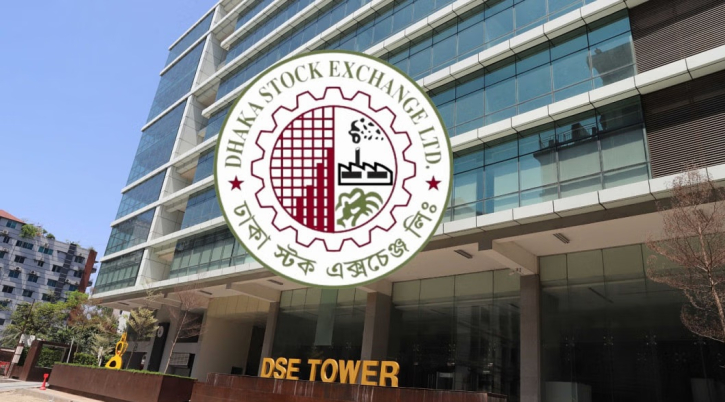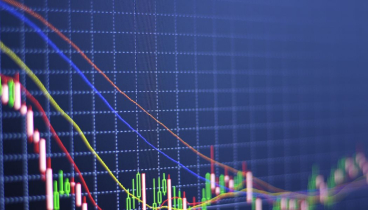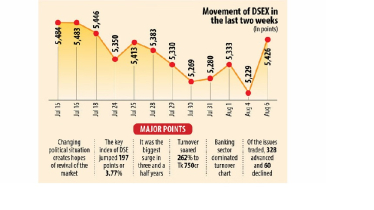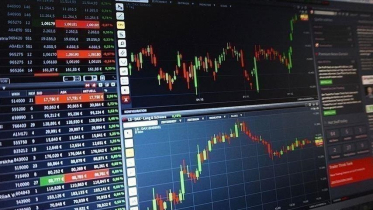Light Penalties Encourage Stock Manipulation in Bangladesh

Published : 23:31, 6 July 2025
Despite being designed to deter wrongdoing, financial penalties for share price manipulation in Bangladesh are often less than the profits made through illegal practices — a gap that experts say is fueling repeat offences in the capital market. The Bangladesh Securities and Exchange Commission (BSEC) frequently fines individuals and institutions for manipulating stock prices, but many of the same names continue to reappear on its penalty lists. Market analysts argue that the core problem lies in the fines being significantly lower than the unlawful gains. "In global practices, fines for market manipulation are typically two to three times higher than the illegal profits," said a senior market analyst. "But in Bangladesh, there's no such rule or ratio. As a result, manipulators not only get away with the crime but also retain a large portion of their profits even after paying the penalty." This regulatory gap has created a system where the risk of being penalised is considered a minor cost of doing business rather than a real deterrent. The issue is compounded by outdated laws. The minimum fine for share price manipulation has remained unchanged for over three decades. It was last revised in 1993, when the minimum was raised from Tk 10,000 to Tk 1 lakh. Since then, Bangladesh’s stock market has faced at least two major crashes, in 1996 and 2010, yet the penalty structure has not been revisited. Experts warn that unless fines are aligned with the scale of illegal gains, the market will continue to be vulnerable to manipulation, undermining investor confidence and the integrity of the capital market.
BD/Sk










